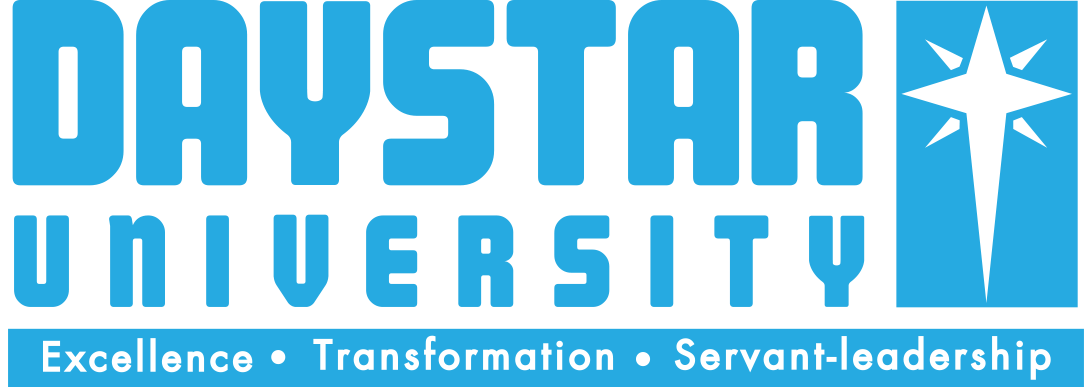
School of Communication hosts Media Literacy Training
Empowering minds through digital media literacy; School of Communication conducts a Digital Media Literacy Training
By Victoria Mumbi
[Friday, April 4, 2025] The School of Communication hosted a workshop for its faculty and students at Nairobi Campus on April 2, 2025, and on Friday, April 4, 2025, at  the Athi River Campus.
The training aimed at empowering attendees with critical digital media literacy skills. The main objective was to equip participants with the skills needed to conduct research on the state of digital democracy.
Mr. Abraham Mariita from InterNews, a non profit organization, emphasized the importance of digital media training with a view to safeguarding open, democratic, and rights-based digital spaces. He highlighted the significance of partnerships for developing human-centered policies that focus on critical information assessment.
“This training is going to enable you to do critical assessment of information, evaluate right information and misinformation,” he stated.
Mr. Mariita cautioned the participants about the dangers of disinformation, which undermines democracy and freedom of expression by spreading fear, confusion, and doubt through deception and distortion. He urged the participants to develop skills for identifying factual information versus misinformation.
“Disinformation threatens democracy and people’s right to freedom of expression by spreading confusion, fear and doubt through deception, deflection, denial, of truth and distortion,” he said.
Prof. George Nyabuga from the Aga Khan University Graduate School of Media and Communication underscored the importance of ethics in digital media literacy.
 “Access to reliable and fact-based information is crucial for making potentially life-saving decisions and participating in all areas of society. It is a pillar of democracy and central to addressing major global issues like climate change and migration,” he said.
Prof. Nyabuga encouraged participants to practice fact-checking and be discerning consumers of media information. He emphasized that reliable information is the cornerstone of effective communication and societal progress.
Mr. Eric Mugendi from African Uncensored stressed about the awareness of various types of false information, including imposter content, fabricated information, manipulated content, and misleading contexts.
“Information literacy equips individuals with the ability to locate, identify, retrieve, process, and use digital information effectively,” he said, adding that it enhances critical thinking skills and promotes responsible information-sharing.
Mr. Mugendi highlighted the importance of preserving credibility and trust while avoiding the legal consequences of spreading false information.
Ms. Jay Ralitera, a media and information literacy specialist, spoke to communication students at the Athi River Campus about assessing source credibility by focusing on verification, fairness, and transparency. He emphasized the need for digital media literacy as a tool for active participation in public discourse.
 Prof. George Nyabuga concluded the training by urging students to use artificial intelligence positively for innovation in communication while cautioning against unethical practices.
 “Digital media literacy is a critical skill in today’s world, with a wealth of information circulating. Accurate reporting is essential for effective communication and information circulation,” he emphasized.
Participants were encouraged to become responsible stewards of information, discerning truth from falsehood while understanding the impact of their communication.
Mr. Mugendi summarized by advising the faculty not to … just teach learners how to consume digital information, but to enlighten them on how to discern true and false information.
The training was organized by the School of Communication in partnership with Internews, a non profit organization, KICTANet, Tribeless Youth, Mzalendo, Watoto Watch, Bloggers Association of Kenya, Internet Without Borders, and KenSafeSpace – a project that works to strengthen the voice, capacity, and influence of Kenya human rights organization to promote and safeguard democratic, safe and inclusive digital space.
Faculty in attendance were Dr. Ann Eboi, Mrs. Jacqueline Wasonga, Dr. Gerry Ayieko, Dr. Lina Akaka, and Dr. Leah Komen.
